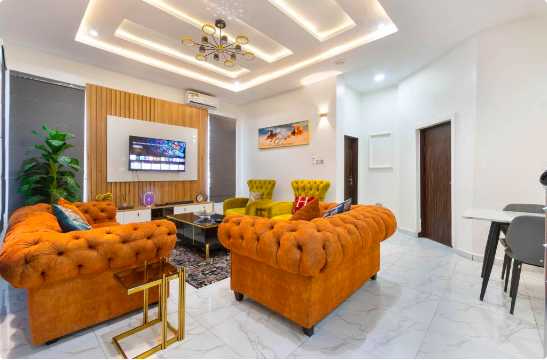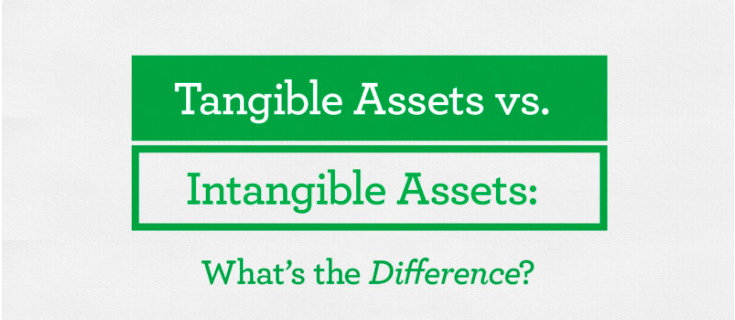
How Shortlet and Airbnb Properties Are Valued Differently
The rise of short-term rental platforms like Airbnb has created a new category of real estate investment: shortlet properties. While traditional residential properties are valued largely based on their physical attributes and comparable sales, shortlet and Airbnb properties require a slightly different valuation approach.
In this article, we explain how short-term rental properties are valued differently from conventional homes or long-term rentals.
1. Income-Generating Potential Is Key
For shortlet properties, valuation often focuses more on the income-generating potential than just the bricks and mortar.
Traditional Valuation: A standard home is valued based largely on:
Location
Size and number of rooms
Physical condition
Comparable recent sales (market evidence)
Shortlet Valuation: Here, valuers also consider:
Average occupancy rates
Nightly rental rates
Seasonal demand
Gross and net operating income
The more consistent and higher the rental income, the higher the potential value of the shortlet property.
2. Occupancy Rates and Location Attractiveness
In short-term rental valuation, location attractiveness for tourists, business travelers, or holiday-goers plays a bigger role than just proximity to schools or workplaces.
Factors considered include:
Distance to airports, beaches, city centers, tourist sites
Presence of entertainment, shopping, or event venues
Accessibility and transport links
High-demand locations with year-round occupancy rates will increase a shortlet property's value significantly.
3. Furnishing and Amenities Impact Value
Unlike regular residential properties, shortlet homes must be fully furnished and equipped.
Valuers assess:
Quality and style of furnishings
Availability of amenities like Wi-Fi, air conditioning, security, and kitchen appliances
Interior decor appeal (since it influences booking rates)
Properties with modern, high-quality, and stylish furnishings often command higher nightly rates and thus have higher valuations.
4. Operational Costs Are Factored In
Short-term rentals generally have higher operating costs compared to traditional rentals:
Cleaning and maintenance between guests
Management or hosting fees
Higher utility bills
Furnishing replacement over time
During valuation, these operating costs are deducted from gross income to calculate the net income, which plays a crucial role in determining the property's investment value.
5. Regulatory Risks Are Considered
Many cities are introducing strict regulations on short-term rentals, such as licensing requirements, rental caps, or even bans.
Valuers take into account:
Current local regulations
Future regulatory risks that could impact income potential
If there’s a high chance that short-term letting might be restricted, it could lower the property’s valuation.
Conclusion
Shortlet and Airbnb properties are valued differently because they are viewed not just as living spaces but also as business investments. Their worth is tied closely to their income-generating ability, operational efficiency, and market demand.
If you own or are planning to invest in a shortlet property, understanding these unique valuation factors can help you better position your asset for maximum value.

 April 28, 2025
April 28, 2025



